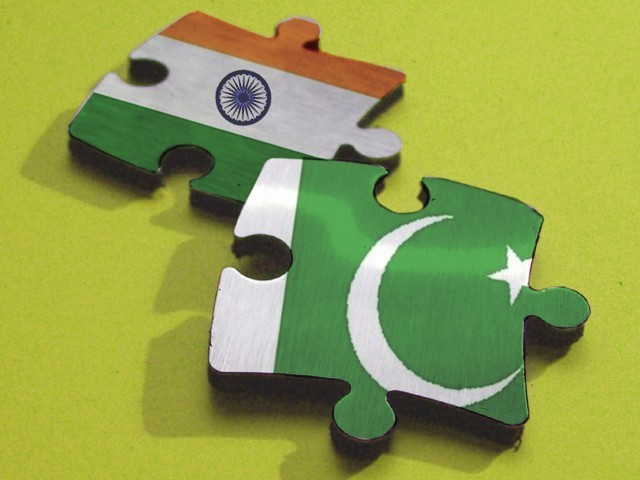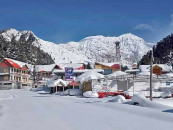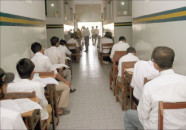Undercurrents of conflict: Hope is not a policy, says Cohen
South Asia expert shares dark outlook on Pakistan-India ties.

South Asia expert shares dark outlook on Pakistan-India ties. PHOTO: FILE
Despite initial optimism over Prime Minister Nawaz Sharif’s overtures towards India, the fact is that “he doesn’t make all the policies in Pakistan himself,” says Stephen P Cohen. “The business communities, the military intellectuals, the Islamist parties, they all have a role in this, and in a sense he can’t wish something to happen and it’ll happen.”
Cohen has been one of the foremost experts on South Asia for close to 50 years. In an interview with The Express Tribune, he explained his reservations regarding a possible détente between India and Pakistan - the subject of his new book, Shooting for a Century: The India-Pakistan Conundrum - wherein he justifies his pessimism and identifies key factors that could change the status quo.
He believes that Nawaz might simply have too much on his plate. “He is trying to establish a new relationship with the army, a new relationship with India, a new relationship with the US. If he did any one of those things in 3-4 years, it will be a major accomplishment. But to try and do all of them, while trying to rebuild the economy, is a big task.”

On Pakistan-India ties, Cohen has a dark outlook. “It is important to get them to understand that they’re both digging a hole for each other.”
However, the people of both countries do want change and friendly relations. Can a miracle happen? “Don’t wait for miracles. Hope is not a policy,” he responds.
“It’s like looking into a pool of water; on the surface it may be calm, or moving in one direction but underneath it may be flowing in another. So it’s more complex than you can imagine.”
Short-term trends are not indicative of what the long-term trends are going to be, according to Cohen. “I think in the long term, the positive trends are a youth generation and freer press in both countries and political parties generally being in support of normalisation. Certainly in Pakistan all of them are except for the extreme right wing.”
Meanwhile, the Indians have to reciprocate to Pakistan’s overtures. “It takes two to tango.”
In his book, he observes that there is a major debate under way in India about relations with Pakistan. “The standard Indian view has been ‘let’s ignore Pakistan or let’s destroy Pakistan – let’s not deal with Pakistan’ [...] But clearly, many sensible Indians understand that if Pakistan goes under, then India is going to suffer more than anybody else.”
What the US Can Do? Not much, it seems. “The American government has no South Asian policy. We have an India policy, we have four Afghanistan policies, and five Pakistan policies. We don’t have a single strategic view of the region. So don’t look to the Americans for help.”
Positive outcome of nuclear weapons
The fact that both countries are nuclear means that they cannot have a war between them of any consequence, concludes Cohen. “They [nuclear weapons] are clearly dangerous and unusable. But because they are dangerous and unusable, they make normalisation inevitable, or at least more likely.”
Published in The Express Tribune, December 1st, 2013.
………………………………………………………………………………………………………………………………………



















COMMENTS
Comments are moderated and generally will be posted if they are on-topic and not abusive.
For more information, please see our Comments FAQ